Future of eCommerce Trends 2025: Stay ahead in Shopify development

Full-Stack Developer, Content Creator, and Product Dev Guy

In today’s fast-paced and competitive era, the eCommerce marketplace is constantly evolving. It is essential to maintain a competitive edge and keep up with new eCommerce trends. From store design to development, eCommerce is constantly changing with new trends and technologies. For example, Google is constantly updating its ranking algorithms. As a store owner, you need to stay up-to-date with these changes.
With today’s rapidly growing eCommerce landscape, almost everyone wants to sell online. On Shopify, there are 5.23 million active online stores, and almost everything is sold online, from pet food to coffee beans. However, with this competitive growth, there are many challenges for Shopify businesses.
So, how do you stand out with the eCommerce trend in your Shopify business? Let's dig in!
In this blog, we'll cover Shopify eCommerce trends for 2025. We'll also learn why you should stay updated with the latest Shopify eCommerce trends.
Shopify eCommerce Trends For 2025
No doubt, Shopify offers powerful tools for small and medium-sized businesses to grow. However, eCommerce technology is evolving rapidly, and brands need to stay up to date with these trends. Shopify offers businesses advanced features and tools to meet future eCommerce trends. Here are various Shopify trends for 2025:
Enhance the Mobile Checkout Experience
According to outerbox statistics, mobile devices drive over 70% of all eCommerce traffic in 2025. So, there are more than half the population who use mobile phones for online shopping. Seeing so much reach through mobile devices, businesses need to optimize their stores for a seamless mobile experience.
Shopify announced improvements to mobile checkout in its 2022 updates. They will make the checkout process faster and more user-friendly, especially on mobile. For Shopify Plus users, the checkout process will be more customizable and streamlined through Checkout UI Extensions. Conversely, for non-Plus merchants, Shopify Functions will allow developers to build powerful apps. These apps will enable them to extend discounts and streamline checkout.
In 2025, more Shopify online stores will adopt mobile-friendly apps. These apps enhance customers' shopping experience and increase conversions.
Headless Commerce for Customization and Speed
Headless commerce is relatively a growing eCommerce trend that separates the store's front end and back end. This separation allows customization, greater flexibility, and fast page load time. Headless commerce helps in enhancing overall store performance and user experience.
Shopify is expected to move towards unified content platforms that enable dynamic and native content creation. This helps reduce the burden on the content creation team. The future of this eCommerce trend is also expected to see the adoption of Shopify’s Hydrogen, Oxygen, and React frameworks, which is a hosting platform for Shopify’s Hydrogen storefront.
Focus on Pre-Made Themes
In today’s fast-paced and competitive era, the market situation is constantly changing. Shopify merchants are looking for eCommerce solutions that require less customization and development. For this reason, Shopify developers consider high-quality and pre-built themes that save them time and cost. Most merchants prefer ready-made solutions instead of building everything from scratch. This not only reduces their efforts but also reduces technical complexities and maintenance issues. Pre-built themes help businesses launch their online stores faster. This allows online stores to avoid the challenges of managing unmaintained custom builds.
AI and Automation for Personalized Shopping
Artificial intelligence and automation are revolutionizing online stores. Shopify offers smarter and more efficient AI-powered tools such as:
- Personalized product recommendations
- Smart inventory management
- Automated chatbots
These AI features enhance customer engagement and streamline operations. Shopify also introduced an AI feature called Shopify Magic. This tool helps merchants to generate product descriptions, marketing content, and email copy. Shopify Magic allows merchants to scale their businesses with ease.
Augmented Reality (AR) and Virtual Try-Ons
Augmented Reality or AR technology connects consumers to view real-world products online. This technology connects visitors in a way that they see the product exactly as they would in a physical store. Showing 3D models of the product is the result of AR-powered technology. Adopting this eCommerce trend can reduce return rates and increase shopping experience and conversion.
Cloud Computing
Cloud computing allows Shopify to improve its operations and performance during high traffic. eCommerce platforms can seamlessly add new functions by adopting cloud-based technology. Cloud-based data analytics and storage provide businesses with useful insights. This analysis helps in data-driven decisions to improve customer experiences.
Quick Engagement with International Audiences
The biggest benefit of eCommerce is that it eliminates country boundaries and helps merchants reach a global audience. Now the hard part is: how do you reach international customers? It sounds difficult! Right? However, Shopify makes the process smooth and efficient. It offers tools like Shopify Markets and Market Pro to help you grow internationally at no extra cost.
In the past, this process was pathetic. To grow internationally, most global brands designed separate online stores for each region. This provided better localization but increased maintenance costs. Each online store needed individual management of design, content, pricing, inventory, taxes, and compliance.
Shopify tools simplify this process by automating payments, payouts, and taxes. This makes it easier for businesses to expand internationally. Shopify’s pre-built tools reduce operational complexity. This enables international expansion more accessible and cost-effective.
Blockchain
Blockchain is an advanced technology that is shaping the Shopify future. Blockchain reduces the risk of fraud. It provides automation, transparency, and security in transactions. Blockchain improves the supply chain visibility and allows customers to track products. This technology helps Shopify stores to increase customers' trust which promotes brand loyalty.
Robotic Process Automation (RPA):
Robotic Process Automation or RPA is another Shopify eCommerce trend. It automates repetitive tasks and allows Shopify to improve productivity. RPA bots optimize operations like processing orders and managing invoices. It saves the time of online stores by reducing manual tasks.
Community Support
You might be wondering why I’m including “community support” as an eCommerce trend for 2025. The reason is simple. A strong community network is crucial for any technology platform.
No doubt, almost all eCommerce platforms provide community support. However, to get the strongest community support, Shopify is the best option. Shopify partners and developers help merchants connect, grow their skills, and build projects.
Additionally, the Shopify community provides useful discussion forums. On these forums, merchants, partners, and technical experts can discuss business topics. You can also stay up to date with new eCommerce trends, get technical support, and share your ideas. The Shopify community is a great place to learn Shopify features and hone your skills. Not only that, Shopify provides various blogs that help new merchants get started and grow.
Whether you are a merchant, developer, or entrepreneur, Shopify's strong community support ensures you are not alone on your journey.
Why Should You Stay Updated with the Latest Shopify eCommerce Trends?
As an online store owner, it is essential to stay updated with new eCommerce trends. This lets you stay ahead of the competition and increase your store's profit. Shopify is continuously updating with new features that enhance the online store's functionality. Here are some important points why you need to update with the latest Shopify trends:
Improve Customer Experience
A great customer experience is a top priority of today's businesses. Adopting the new trends helps you to deliver an enhanced personalized customer experience. Innovative tools improve customer experience by creating engaging and personalized shopping experiences. The personalized engines customize product recommendations based on customer behavior.
Automating Operations
AI-driven tools automate repetitive tasks and decrease workload. For example, mostly AI tools automate order fulfillment processes and inventory management. Automating manual tasks reduces errors and saves time.
Strengthening Security
New eCommerce trends like AI-driven fraud detection and blockchain identify suspicious transactions. It secures sensitive information and payment processes. Optimizing a store's security improves performance and increases customer trust and conversions.
Enhance Scalability
New trends like cloud computing and AI-powered tools enhance scalability. These technologies handle data and increase traffic without interruptions. However, businesses that do not update themselves with new trends always fall behind the competitive race. Adopting new trends helps to stay competitive and deliver the best results.
Adapting eCommerce Trends
Emerging technologies help eCommerce stores adopt new market trends. These eCommerce trends are also essential for the future-proofing of your Shopify store. It keeps your store secure, minimizes risks, and ensures your brand is fresh and relevant.
Conclusion: The Future of eCommerce Trends
Shopify is continuously evolving with the latest trends that help online stores stay ahead. Shopify development aims to provide a great experience for merchants, developers, and customers alike. It also focuses on offering flexible and cost-efficient workflow. It streamlines operations while minimizing client expense and development costs.
If you're struggling with new trends and unaware of where to start and update your store. Don't worry eCommerceDiv Biz is here for you. We offer various eCommerce strategies to empower your online presence. We also help you to drive your store's sales and increase engagement.
Get 0 to 1 with your Shopify Store
We love working with companies looking to succeed at Shopify
More Articles
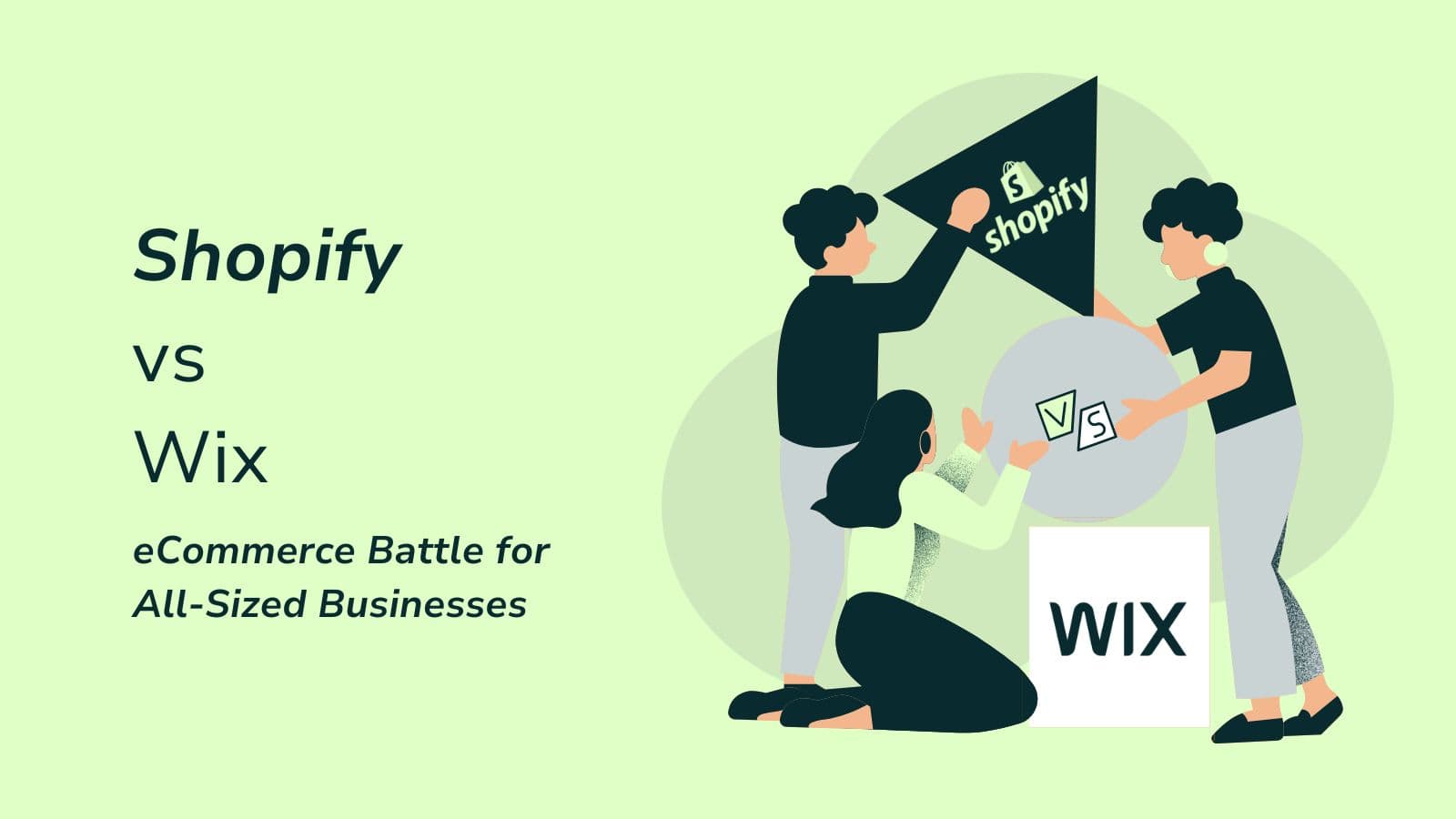
comparison
Shopify vs Wix: eCommerce Battle for All-Sized Businesses
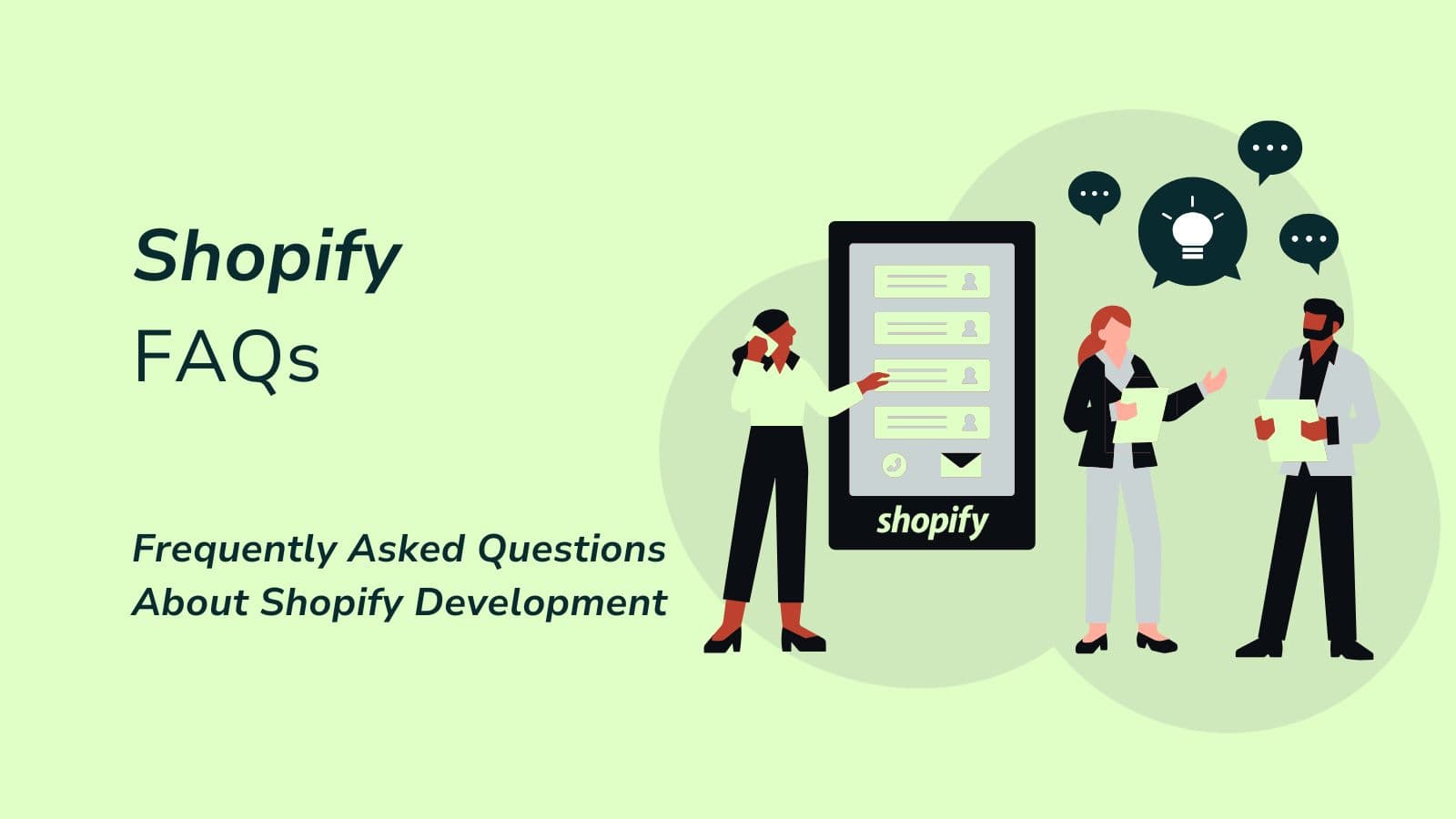
comparison
Shopify FAQs: Frequently Asked Questions About Shopify Development
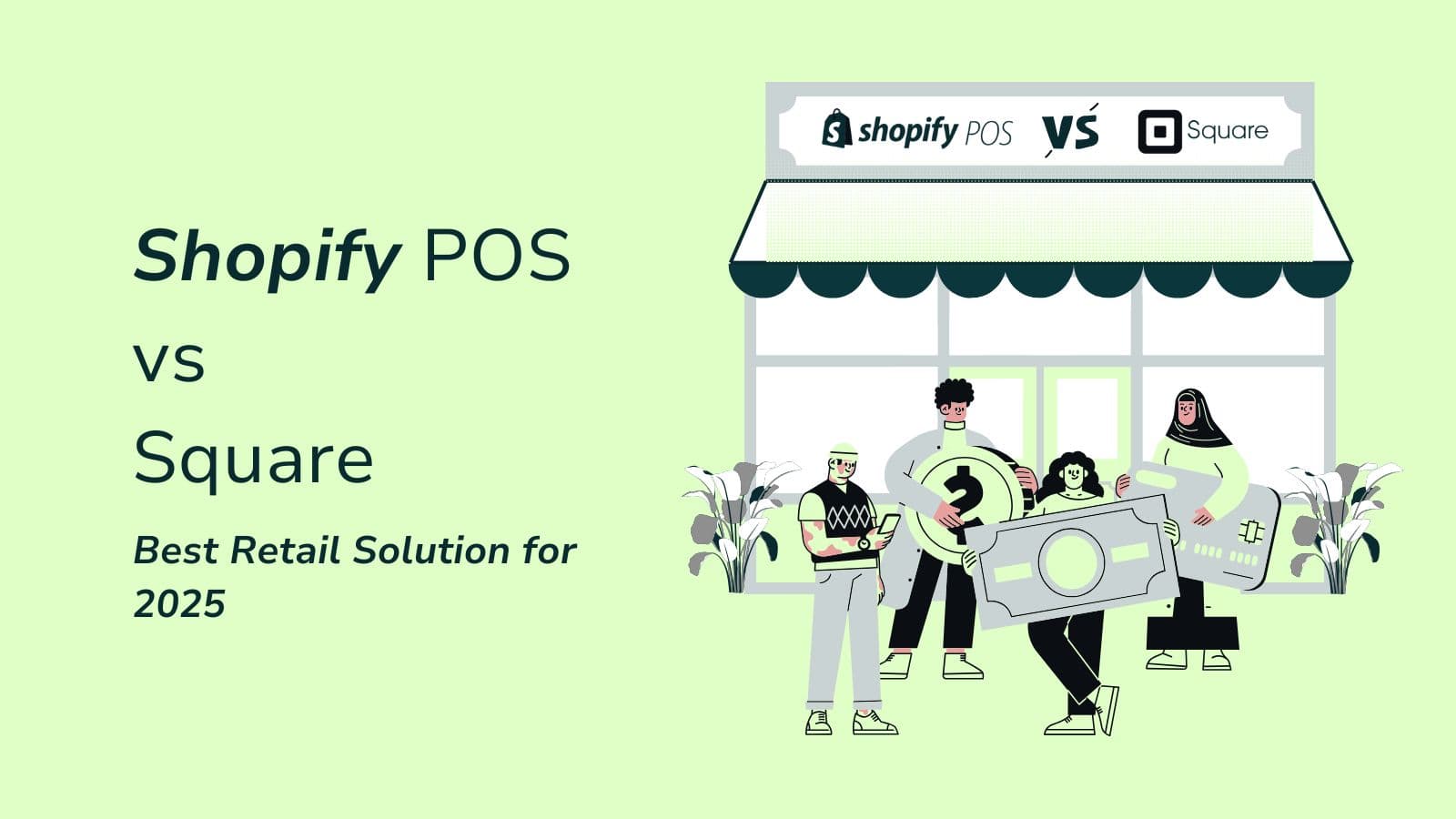
comparison
Shopify POS vs Square: Best Retail Solution for 2025
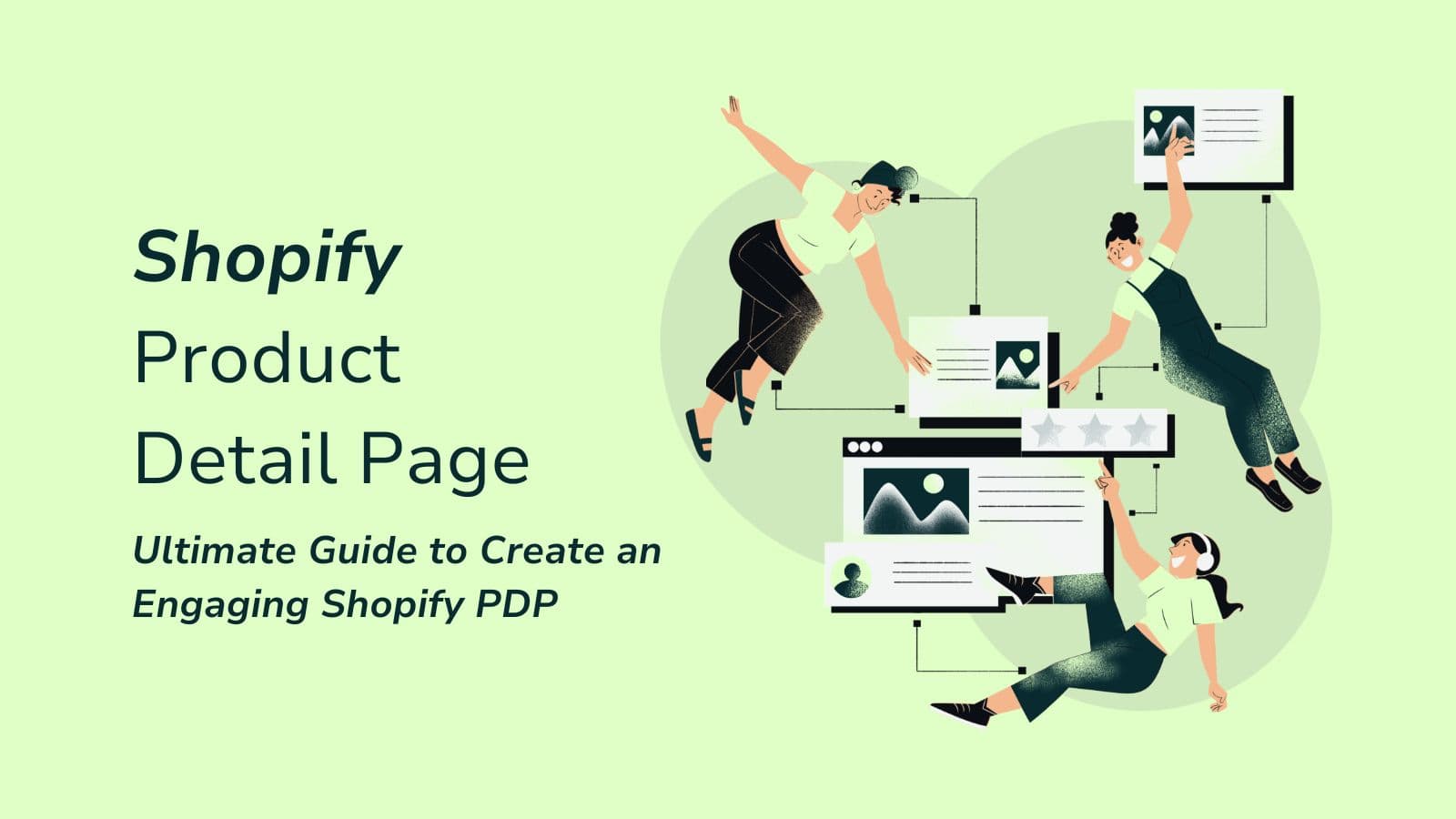
development
How to Create an Engaging Shopify Product Detail Page (PDP)
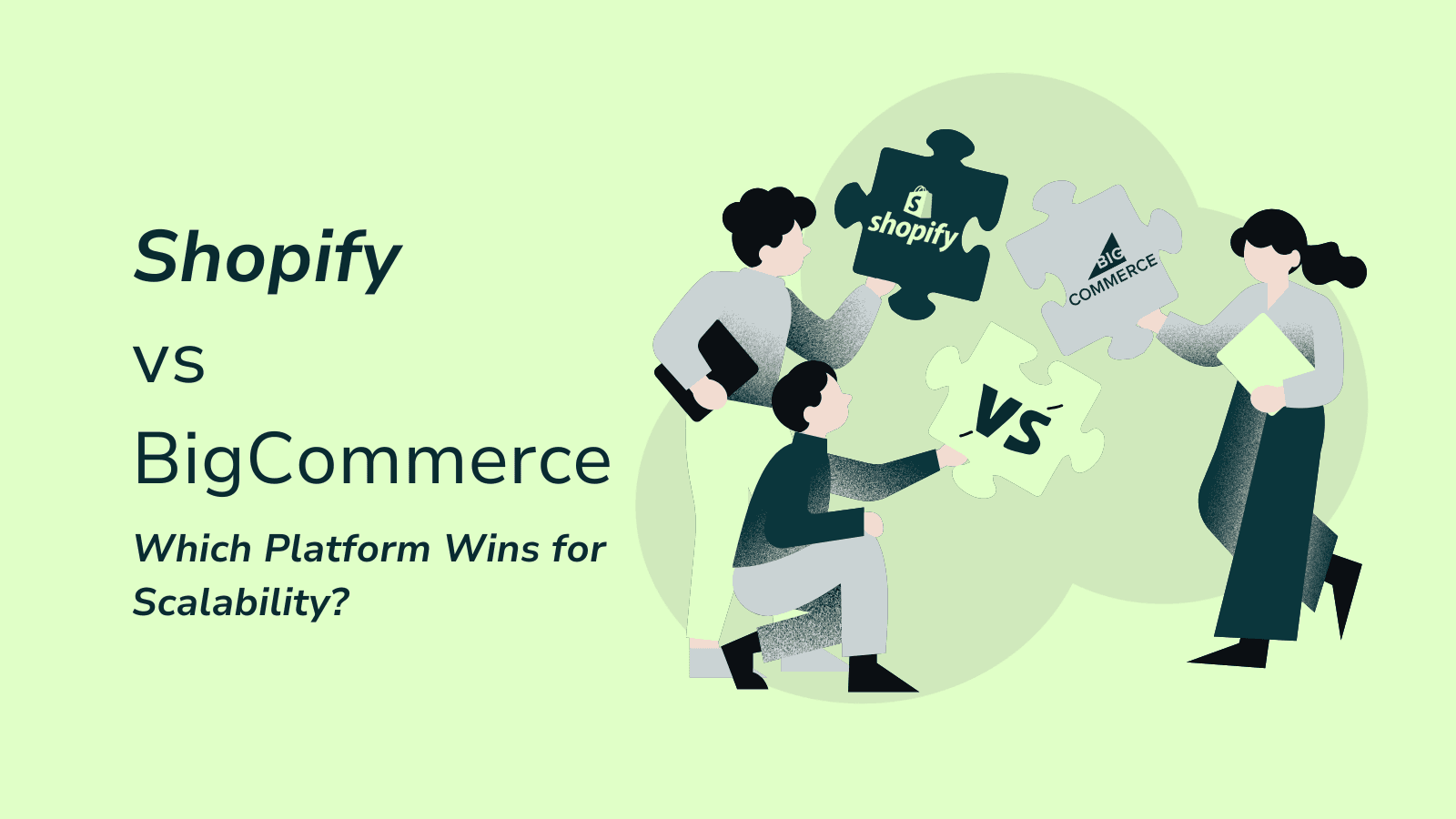
comparison
Shopify vs. BigCommerce: Which Platform Wins for Scalability?

guides
Common Mistakes to Avoid When Setting Up Your Shopify Store
Frequently Asked Questions
We Know Everything Shopify!
What do we get in the FREE Consultation?
In general, anything you need to know. Having built over 50 Shopify stores allows us to give you advice on any matter you seek when it comes to eCommerce and conversions.
How long does it take to build a custom Shopify store?
The timeline for building a custom Shopify store can vary based on complexity and specific requirements. Generally, it takes anywhere from 2 to 6 weeks to complete a fully functional store, including design, development, and testing.
Can you help with migrating our existing store from another platform to Shopify?
Absolutely! We specialize in seamless store migrations from various eCommerce platforms to Shopify. We ensure that all your data, including products, customers, and orders, are transferred securely and efficiently.
What kind of support do you offer after the store is launched?
After launch, we provide ongoing support that includes troubleshooting, updates, and answering any questions you may have. Our goal is to ensure your store runs smoothly and meets your evolving needs.
Do you provide ongoing maintenance and updates for our eCommerce store?
Yes! We offer maintenance packages that include regular updates, performance checks, and troubleshooting to keep your store optimized and secure.
How do you ensure that the store is optimized for mobile devices?
We implement responsive design principles to ensure that your store looks great and functions well on all devices. This includes optimizing layouts, images, and navigation for mobile users.
Can we request specific design elements or features for our store?
Absolutely! Your vision is important to us. We welcome specific requests for design elements or features, and we’ll work closely with you to bring those ideas to life.
How do you handle SEO during the development process?
SEO is integrated into the development process by optimizing site structure, meta tags, alt text for images, and ensuring fast loading times. This helps improve your store's visibility in search engines from day one.
What is Conversion Rate Optimization (CRO) and why is it important for a Shopify store?
Conversion Rate Optimization is the process of enhancing your website to increase the percentage of visitors who complete a desired action, such as making a purchase. It's crucial because even small improvements in conversion rates can significantly boost your sales without increasing running costs.
How do you ensure that our Shopify store is SEO-friendly?
We implement SEO best practices during the development process by optimizing site structure, meta tags, alt text for images, and ensuring fast loading times. This helps improve your store's visibility in search engines from the start.